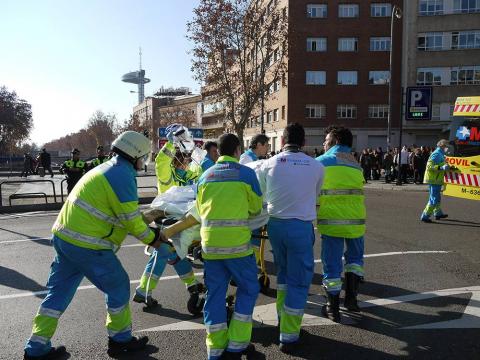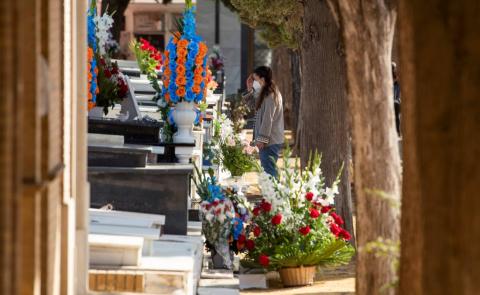Spain is at the bottom of Europe in the number of nurses, although we are above average in the number of doctors. This is because the model in Europe differs: while there are 70 % nurses and 30 % doctors, in our country the proportion is 60 % nurses and 40 % doctors. Belgium, the country with the best nursing data, has 85 % of nurses compared to 15 % of doctors.
With these data on the table, it can be said that Spain needs, on average, more than 95,000 nurses to reach the figures of our neighbours. This shortage of nurses, together with the structural deficit that exists throughout our health system, puts the safety of patients in health and social-health centres at serious risk.
Spain needs, on average, more than 95,000 nurses to reach the figures of our European neighbours
Not having a sufficient number of nurses to provide quality care to patients and the general public leads to a higher probability of risks, complications, readmissions, adverse effects and even deaths, as confirmed by numerous national and international scientific studies published over the last few years.
In fact, the number of patients that each nurse has to attend to, both in hospitals and in health and social-health centres, doubles or even triples the numbers recommended to guarantee the quality and safety of care at all times. To this must be added the serious differences between regions, which call into question the principle of equity on which our health system is based, as it is impossible to provide the same care with half the number of nurses, as is the case in Murcia or Pontevedra in relation to Navarre.
All this analysis leads us to emphasise once again that we need to draw up a report on the real need for nurses, which not only takes into account the facts and figures in relation to national and European ratios; we need to have a group of experts at national level who can carry out a correct planning of the nurses needed for the next 5-10 years. It is also necessary to consider which population we need to serve in relation to its ageing, birth rate, geographical dispersion or which specialist nurses we need to train.
Critical situation in the pandemic
We have been stressing for years the severe shortage of nurses in our country, but this has been exacerbated by the pandemic. Our health system collapsed at the worst moments of covid-19. The lack of nurses meant that nursing students had to be recruited, colleagues who were not in direct care had to get back to work, surgeries were closed, as many staff as possible were transferred to specific areas such as critical care, etc. Patches to resolve the critical situation we were experiencing. Patches that now seem to have been forgotten.
The neglect of politicians, the boredom of professionals and, in short, the dark future that awaits citizens without the expert care of nurses has led us to draw up a visibility plan so that everyone, politicians, professionals and society as a whole are aware of what a nurse is and of the risks of not having the necessary care. Our struggles must be continued, our demands must not be forgotten, and the mockery of pats on the back and condescension, of empty words, must end.




